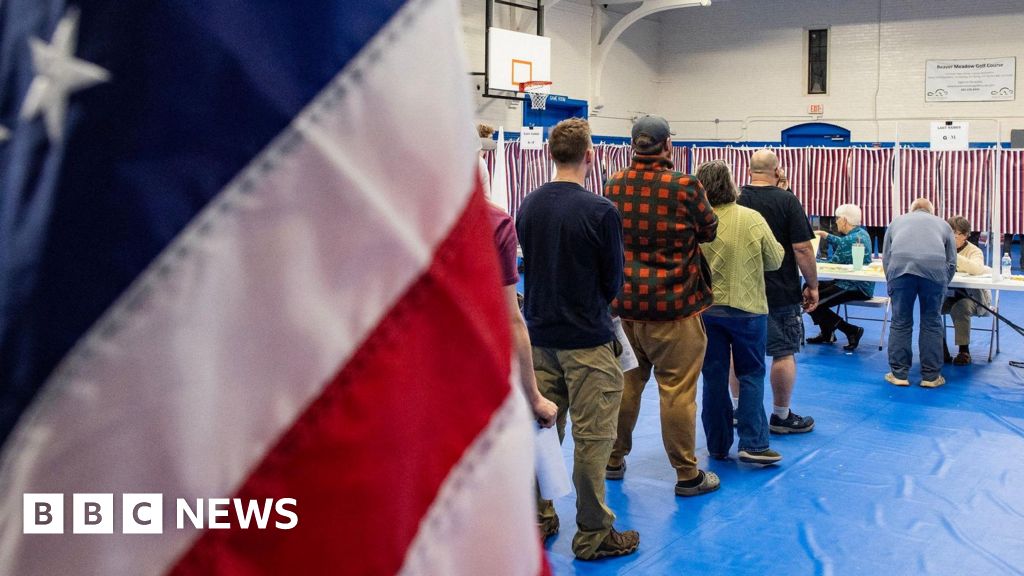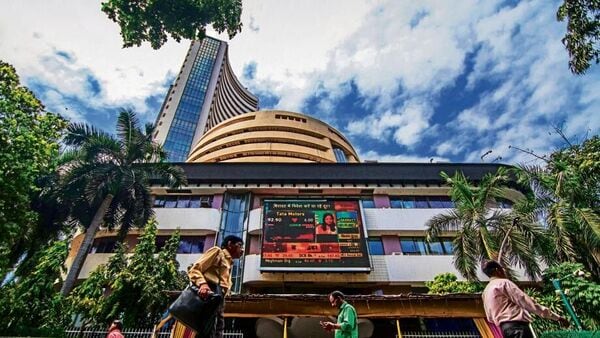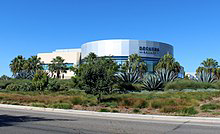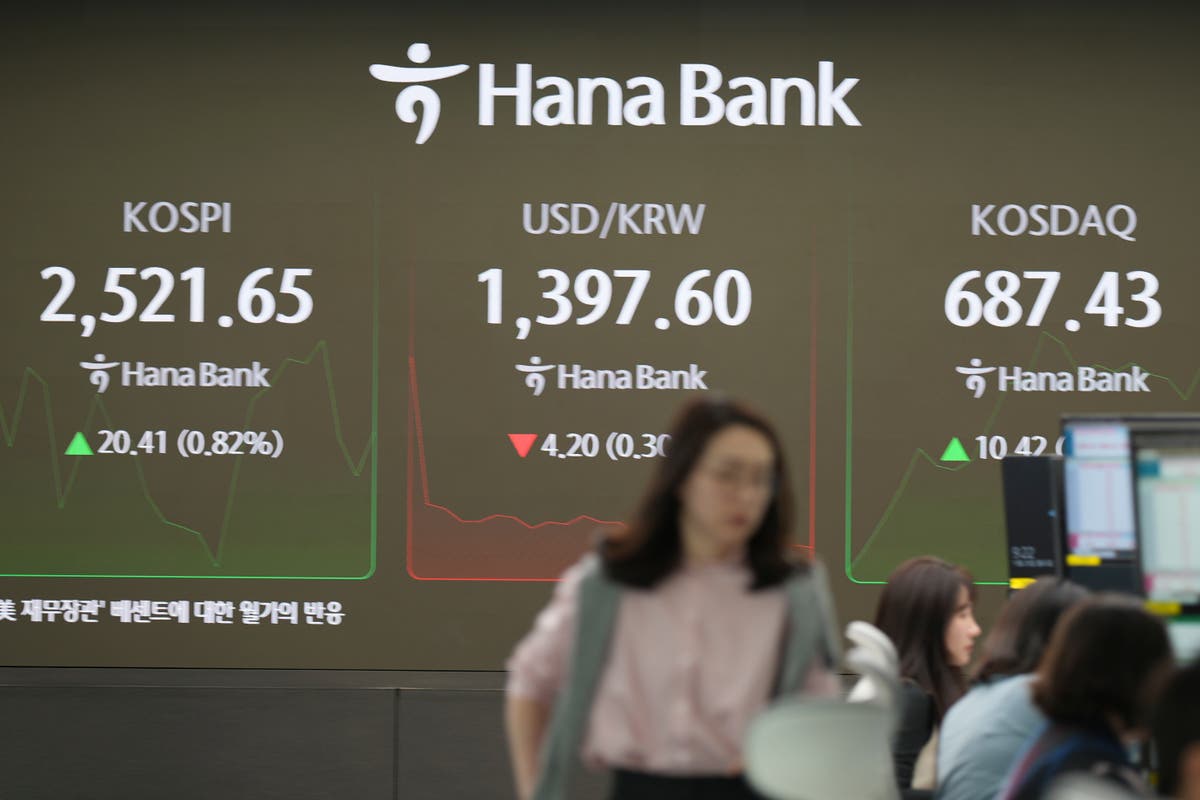Investors around the world are closely watching the US election for clues on who will become the next president of the world’s biggest economy.
Benchmark stock indexes across Asia were mixed on Wednesday morning, while the US dollar was trading higher.
The result of the election is expected to have a major impact on the global economy, especially in Asia.
It is uncertain whether the result of the election will be known during Asian trading hours, as counts in swing states could take days to be completed.
In Japan, the benchmark Nikkei 225 stock index was up by 1.4%, while Australia’s ASX 200 was 1% higher.
The Hang Seng in Hong Kong was down more than 1%. In mainland China, the Shanghai Composite Index was up by around 0.5%.
In the US on Tuesday, the Dow Jones Industrial Average, S&P 500 and Nasdaq all closed more than 1% higher.
“We could yet see some fluctuations across markets today though, particularly by assets which could be affected most by the outcome, with the US dollar and Chinese stocks being prime examples,” said Tim Waterer, chief market analyst at investment firm KCM Trade.
The US dollar was up by about 1% against a basket of other major currencies, including the euro, pound and the Japanese yen.
Donald Trump has said he would dramatically increase trade tariffs, especially on China, if he became the next US president.
“Trump’s global trade policies are causing particular angst in Asia, given the strong protectionist platform on which more aggressive tariffs on imports into the US have been pledged,” said Katrina Ell, director of economic research at Moody’s Analytics.
The former president’s more isolationist stance on foreign policy has also raised questions about his willingness to defend Taiwan against potential aggression from China.
The self-ruling island is a major producer of computer chips, which are crucial to the technology that drives the global economy.
Meanwhile, Trump’s tax-cutting agenda has also been broadly welcomed by big American companies.
If Kamala Harris wins investors expect her trade and foreign policies to be a continuation of Joe Biden’s more predicable approach.
“Harris’ platform largely assumes the status quo regarding global trade flows and tariffs,” said Ms Ell.
A potential Harris administration is also seen as more likely to tighten regulations on industries like banking and healthcare.
The Democratic party’s renewable energy policies could also boost electric vehicle companies and solar firms.
Investors also have other key issues to focus on this week.
On Thursday, the US Federal Reserve is due to announce its latest decision on interest rates.
Comments from the head of the central bank, Jerome Powell, will be watched closely around the world.
On Friday, top Chinese officials are expected to unveil more details about Beijing’s plans to tackle the slowdown of the world’s second largest economy.

















